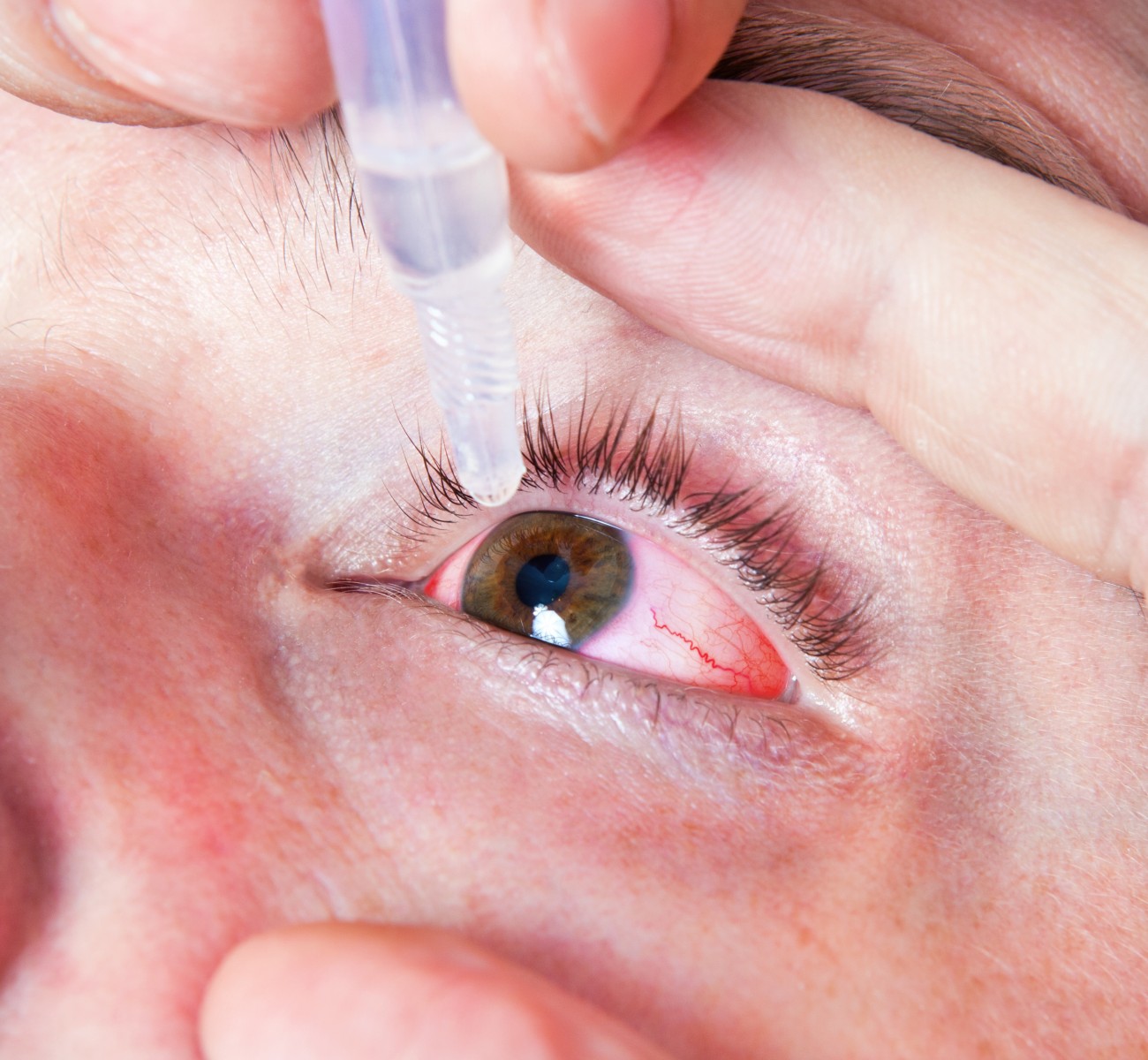 Kala Pharmaceuticals, Inc. recently announced that its novel nanoparticle mucus-penetrating particle (MPP) product candidate, KPI-121, designed for the treatment of pain and inflammation in patients who underwent cataract surgery, obtained positive results in a Phase 3 clinical trial study.
Kala Pharmaceuticals, Inc. recently announced that its novel nanoparticle mucus-penetrating particle (MPP) product candidate, KPI-121, designed for the treatment of pain and inflammation in patients who underwent cataract surgery, obtained positive results in a Phase 3 clinical trial study.
Kala’s MPP technology allows the development of topical ophthalmic formulations that have improved delivery into the eye tissues through a tear film mucus that enhances penetration. KPI-121 is a nanoparticle formulation of loteprednol etabonate (a corticosteroid used in ophthalmology) combined with MPP technology for the treatment of post-surgical ocular inflammation and pain.
The Phase 3 multi-center, randomized, double-blind clinical trial was conducted in 380 patients undergoing cataract surgery to assess the efficacy and safety of two KPI-121 dosing regimens: 0.25% four times daily or 1% two times daily, for a period of two weeks. Researchers found that at day eight, patients in both regimens had complete resolution of inflammation and ocular pain.
“Ocular pain and inflammation is a significant issue among patients who have undergone cataract surgery, and rapid and efficient treatment for this inflammation is paramount,” said the Professor of Ophthalmology at Duke University Dr. Terry Kim in a press release. “Kala’s clinical data demonstrating that twice daily dosing of KPI-121 was effective in reducing inflammation and pain within one week of initiation of treatment are very encouraging, as current corticosteroids approved in the United States for this use are indicated for four times a day dosing during the first two weeks of therapy.”
The research team concluded that KPI-121 was well tolerated and allowed the resolution of pain and inflammation in patients after cataract surgery. “We are very pleased with these results,” said the Chief Medical Officer of Kala, Dr. Kim Brazzell. “Not only do the results provide support for a potential near-term product opportunity with possible advantages over current therapies, but we believe the results have also demonstrated that our MPP technology has the potential to enhance ocular drug delivery to allow reduction of both dose and dosing frequency while maintaining safety and clinical benefit.”


